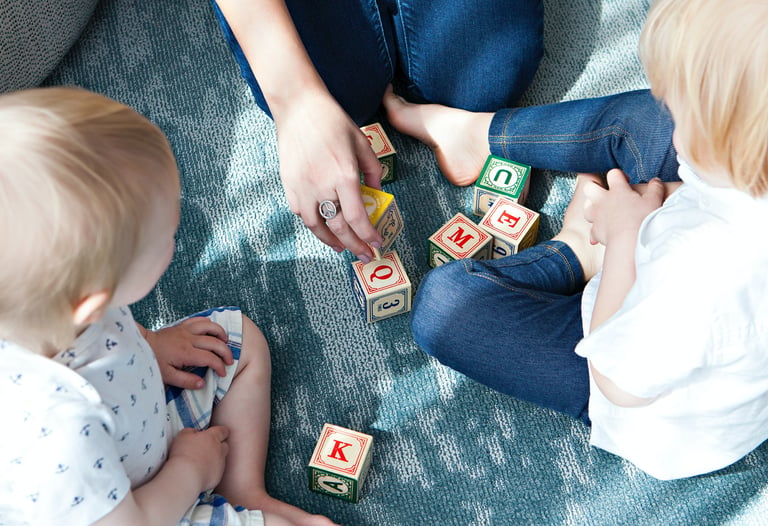Estate Planning for Parents: Key Considerations when Naming a Guardian for Minor Children in Your Will
ESTATE PLANNING FOR PARENTSESTATE PLANNING
Deborah Howse-Rubenstein
11/15/20232 min read


Becoming a parent comes with a myriad of responsibilities, and one crucial decision you may face is choosing a guardian for your minor child in your will. While it's a topic often approached with a mix of emotions, it's an essential aspect of responsible estate planning. When making your decision, you should consider the following:
Parenting Philosophy: Do the potential guardians share similar values and parenting philosophies with you?
Emotional Connection: Is there a strong emotional bond between the potential guardians and your child?
Financial Capacity: Are the potential guardians financially stable?
Health and Age Dynamics: Are the potential guardians in good health and at an age where they can meet the physical and emotional demands of parenting?
Geographical and Lifestyle Fit: Does the potential guardians' location and lifestyle align with your child's current environment, including school, community, and extracurricular activities?
Cultural and Religious Considerations: Will the potential guardians be able to provide continuity in cultural or religious aspects that are important to your family?
Availability and Commitment: Do the potential guardians have the time and commitment required to raise a child, considering their work and personal commitments? Have you had open and transparent communication with the potential guardians about their willingness to take on this responsibility?
Special Needs Consideration: If your child has special needs, have you discussed these needs with the potential guardians to ensure they are equipped to provide the necessary care and support?
It is important to know that in Ontario, your choice of guardian is effective for the first 90 days after your death. The guardian must apply during this period to become the permanent guardian for the child(ren). The court will ultimately choose the permanent guardian according to its assessment of the best interests of the child(ren). That said, your expressed wishes may carry significant weight when the court is coming to its decision on custody.
The decision of who to name as guardian can be very difficult, as there is often no perfect choice, or a disagreement between spouses. For some, this results in putting off executing their will indefinitely. If you are struggling with this decision, do not let it derail your estate planning entirely. You can always leave this appointment out of your will and then execute a new one once you have made your decision.
Disclaimer: The information provided on this website, including the content of our blog, is intended for general informational purposes only. It should not be construed as legal advice or a substitute for professional legal guidance. While we strive to provide accurate and up-to-date information, the law is constantly evolving, and the content on this website may not reflect the most current legal standards or interpretations. Consulting with a qualified lawyer is essential for addressing your specific legal concerns or needs. Your use of this website and its content is at your own risk, and we disclaim any liability for any actions taken based on the information provided herein.
